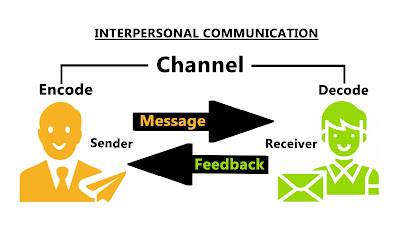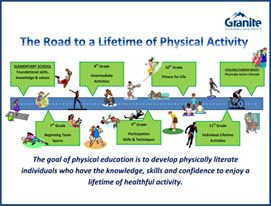Typology Communication
Interpersonal Communication Interpersonal communication is the process to express feelings, ideas, thoughts, information, and emotions. It usually takes place in the form of a message. This can be in the form of verbal (words) or non verbal (how anything is said) like it includes Gestures, Eye- contact, Body language communication. Everybody communicate on interpersona l level regularly. The 5 characteristics of interpersonal communication Interpersonal communication is the complex process through which people express, interpret, and coordinate messages in order to create shared meaning, meet social goals, manage personal identity, and carry out their relationships. Interpersonal communication is a process, or a systematic series of actions that leads to an outcome. The purposes of interpersonal communication include: share meaning, meet social goals, manage personal, and conduct relationships. There are five characteristics of interpersonal communication. Int...


Comments
Post a Comment